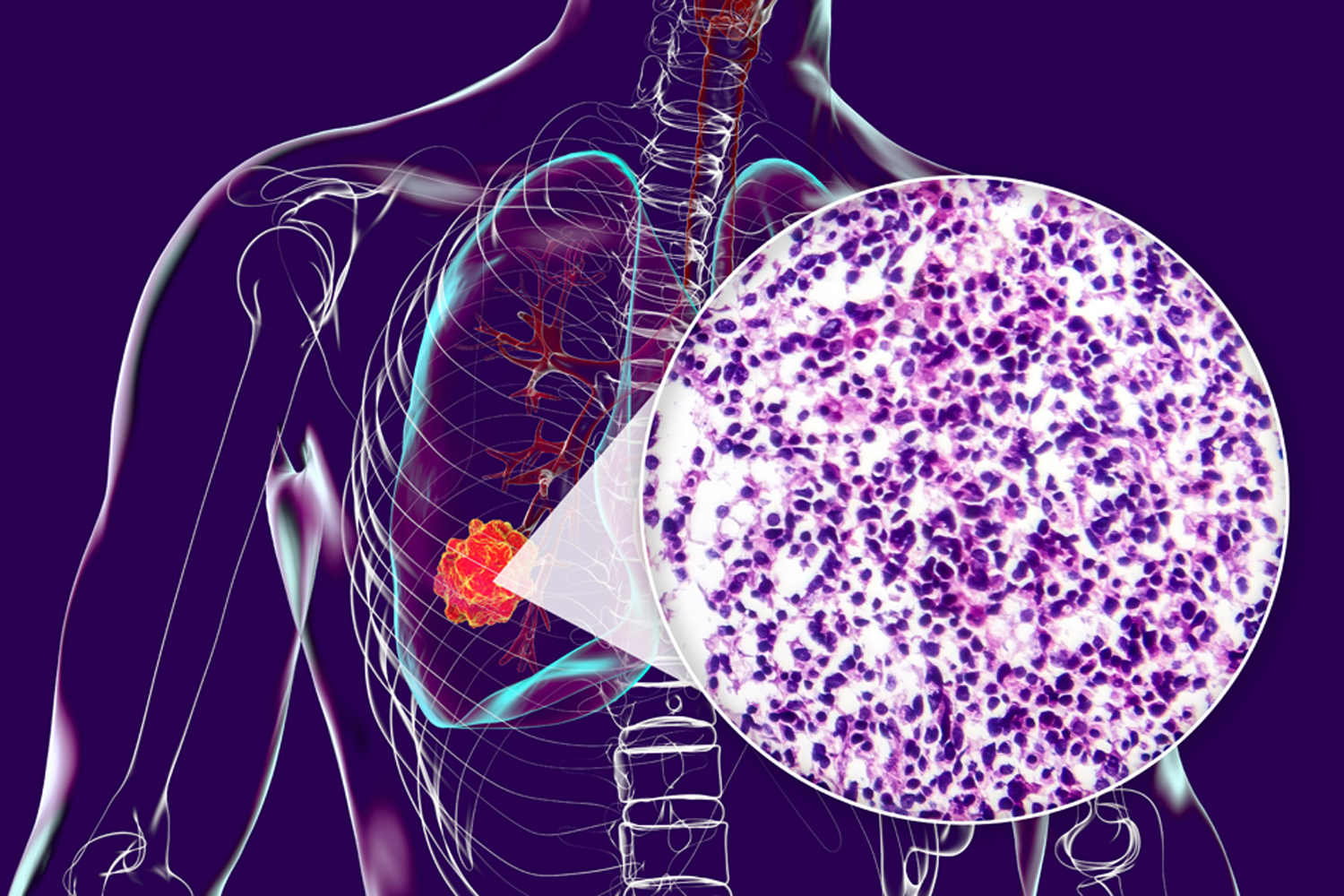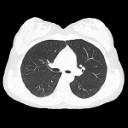-
A Response to Roadblocks
The Biden Cancer Initiative Colloquium gathered experts to discuss obstacles preventing access to care at the AACR Annual Meeting.
by Kevin McLaughlin
-
Non–Small Cell Lung Cancer Takes Center Stage
A trio of clinical trials at the AACR Annual Meeting spotlight new avenues for non-small cell lung cancer treatment.
by Brad Jones
-
Artificial Intelligence Characterizes Cancer
At the AACR Annual Meeting 2018, researchers at Google compared the speed and accuracy of human pathologists and computer algorithms in diagnosing and grading cancer.
by Kevin McLaughlin
-
A New Type of Drug Approval
At the AACR Annual Meeting, researchers and regulators discuss what it means to tie approval of an immunotherapy to tumors' molecular characteristics, not to their tissues of origin.
by Kate Yandell
-
Pembrolizumab Shows Further Promise for Melanoma
In a phase III clinical trial, pembrolizumab yielded a 75.4 percent recurrence-free survival rate after 12 months among patients whose stage III melanoma tumors had been fully resected.
by Brad Jones
-
A Better Way to Screen for Lynch Syndrome?
Researchers say a next-generation sequencing test could improve screening in colorectal cancer patients for a hereditary syndrome that raises cancer risk. Some experts have concerns.
by Cheryl Platzman Weinstock
-
From the Editor-in-Chief
DNA Profiling Moves From Forensics to DiagnosticsDNA profiling technologies are providing new ways to detect and monitor cancer.
by William G. Nelson, MD, PhD
-
Forward Look
Banking on BacteriaResponse to immunotherapy may be linked to gut microbiome.
by Chris Palmer
-
Forward Look
Improving Cancer Care in Sub-Saharan AfricaNew guidelines account for limited medical resources.
by Cameron Walker
-
Forward Look
Treating Early-Stage Lung CancerEfforts are underway to define role of high-dose radiation.
by Stephen Ornes
Cancer Talk
Lessons From 20 Years Living With Cancer
Multiple myeloma survivor Jonathan Gluck reflects on uncertainty, and the scientific progress that has kept him living with cancer for more than two decades.
by Eric Fitzsimmons
The Enduring Importance of Cancer Disparities ResearchOpening session from AACR conference highlights how perseverance and adversity have informed cancer disparities research over the years.
by Eric Fitzsimmons
Most Cancer Survivors Don’t Meet Healthy Diet GoalsDespite research linking fruits and vegetables to cancer survival, many people do not change their eating habits after diagnosis.
by Darlene Dobkowski
Many People Don’t Get Colonoscopy After Receiving Abnormal Blood TestsAbout half of people who receive abnormal results from colorectal cancer screening tests don’t follow up with a colonoscopy.
by Laura Gesualdi Gilmore















